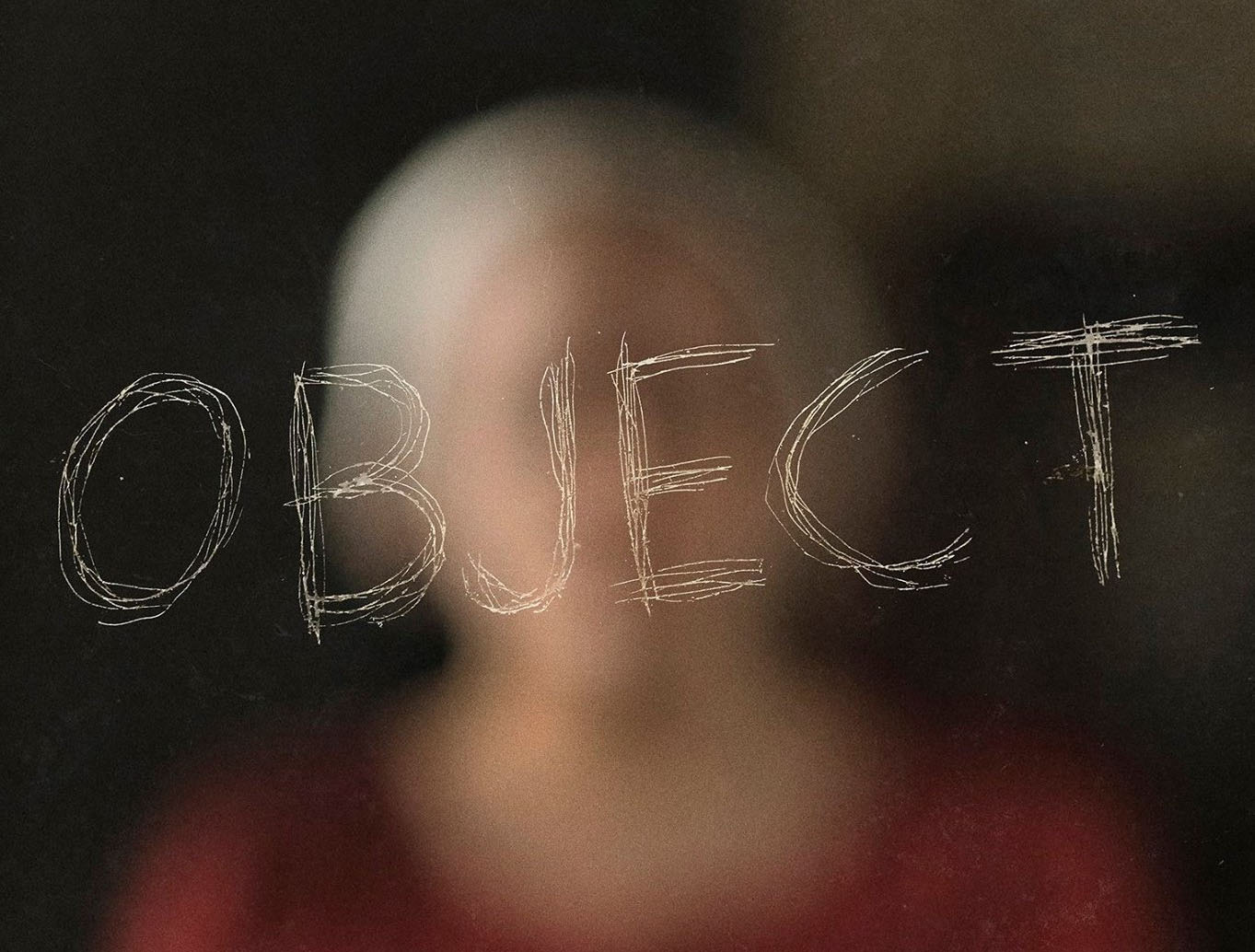I don’t think any other genres can cover social commentary and widespread fears the way storytelling in horror and sci-fi are able to. There’s just something so rich about these genres that allows for the best palette. I think the heightened reality and poignant themes really illustrate complicated issues and ideas well.
As pattern-seekers, we’ll definitely draw connections and see metaphors for real life in any piece of art, even where none exist (or where none were intended), but sometimes it’s very definitely intentional. For me, the most important aspect of enjoying a good story is escapism.
In that sense, it’s about avoiding reality, taking a break from it, or even trying to recreate one’s own reality. That aspect of horror and sci-fi has certainly been met with a lot of criticism from those who can only see such themes as unhealthy, or even as far-reaching as to influence real-world violence in individuals. Of course, as “insiders,” we know that’s bullshit.
But these genres aren’t necessarily always about action and violence (though there’s nothing wrong with that when that’s the case). I think escape and coping are two sides of the same coin. Two recent and remarkable works created in the vain of “coping” horror, are: Get Out and The Handmaid’s Tale.
In Get Out, the monster is racism; in The Handmaid’s Tale, the monster is sexism. What’s so frightening about both of these stories, is that while of course wrapped in fiction for the purpose of entertainment, the monsters are 100% real. I often reference alien abduction movies as being the most terrifying, because it’s not fantasy; aliens very likely exist in nature. Well, in these stories, it’s not a matter of likeliness; it’s a matter of fact.
Human evil and the horrors we do to one another is very much real. Human slavery and oppression isn’t fiction or something for the history books; it’s here now and it affects all of us; it’s in all of us. We all have irrational prejudices inside of us, all from fear and insecurity. The important distinction, is our ability to say “No. Fuck no.” and choose to treat others, even those that are different from us, with compassion and kindness. It’s those who do not possess empathy or that reject it, who are truly terrifying and capable of anything.
It’s the only thing that bonds us all: empathy. It’s why we can go into movies and TV shows like Get Out and The Handmaid’s Tale and feel the fear of the protagonists and hope for their survival and freedom, even if we don’t fit the profile of or relate to what these killers or monsters are targeting in them. To be human alone, is enough. The desire for freedom (in all its meanings) is universal.
For those who’ve never experienced prejudice over nothing more than the way you look, Get Out does an excellent job of showing you the paranoia, awkwardness, pain, and unfairness of being put in such a box. In The Handmaid’s Tale, I especially like how they’ve picked up the “be careful what you wish for” theme. While the women no doubt suffer the greatest of course, it also shines a light on how such a sexist regime doesn’t just oppress the women, but everyone, mankind as a whole.
I feel like anyone who has some master plan for supremacy or segregation could learn a few things just from watching a few episodes of The Twilight Zone. 🎃
Support Halloween Love
If an item was discussed in this article that you intend on buying or renting, you can help support Halloween Love and its writers by purchasing through our links:
(Not seeing any relevant products? Start your search on Amazon through us.)

